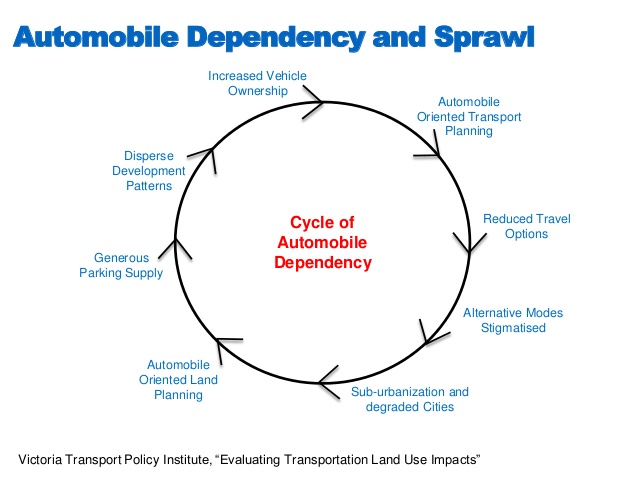🔗 The hidden potential of bicycles
This is far more the case in poorer countries.
The average modern person, by one calculation, spends more than 1,600 hours a year to pay for their cars, their insurance, fuel and repairs. We go to jobs partly to pay for the cars, and we need the cars mostly to get to jobs. We spend four of our sixteen waking hours on the road or gathering the resources for the car. Since the average modern American, by one estimate, travels 7,500 miles a year, and put in 1,600 hours a year to do that, they are travelling five miles per hour. Before people had cars, however, people managed to do the same – by walking.
